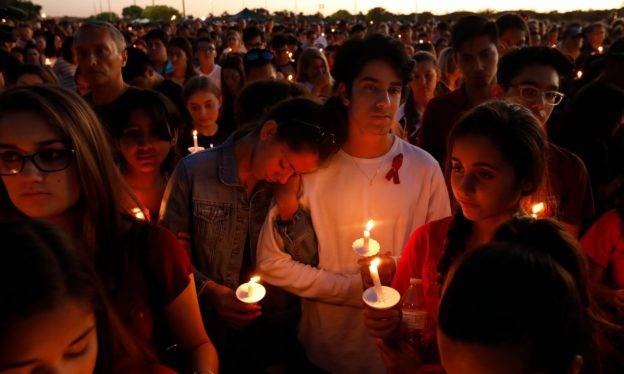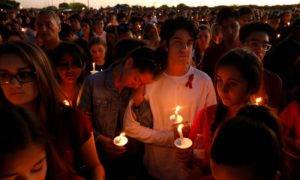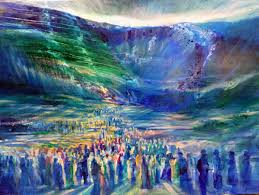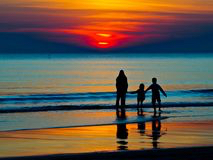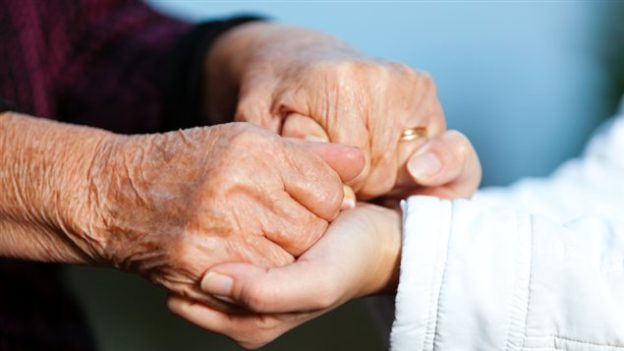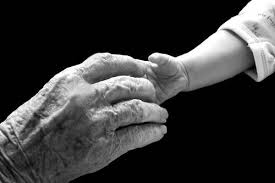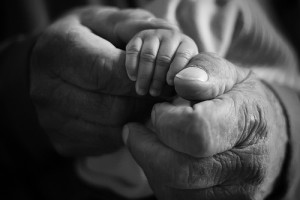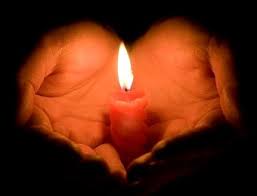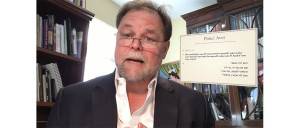Lech Lecha
“Go Forth from your native land and from your father’s house, to a land that I will show you…” Lech Lecha
These are the words of this weeks Torah portion, “Lech Lecha” “go Forth.”
Lech Lecha- These are the Words of God, spoken to Abram. Abram has grown from child to adult In fact an old adult. For those of us who struggle, if you read just a bit further down the page, something very scary appears. As it is written and I quote, “Abram was 75 years old when he left Haran.” So for those of you wondering about your 20-something moving out of the house, be very careful. It could be worse.
But kidding aside, the story we learn about Abraham and his conversation with God are also a story is about Terach, Abraham’s father. Every parent is familiar with these words as well. For it is indeed the conversation we parents eventually have with our children. It is the understanding that the time has come for our child to venture out on his or her own.
The rabbis struggled with this text asking how could Abraham leave his father and family behind, never to see them again? One Midrash posits that maybe Terach was evil and thus Abraham leaving Terach behind might be justified. Another Midrash explains that it was God directly intervening, calling on Abraham to leave and thus exempting Abraham from the filial duties that the eldest son would normally have been required to perform.
But maybe, this issue is better explained if the words are those of Terach, the father who recognized his son’s need to strike out on his own. Might God’s words be spoken through Terach?
We constantly take lessons learned from the words of God and our relationship with the Almighty and find amazing parallels in our relationships with others, particularly parent/child relationships. Who is responsible to whom, and for what? How does each person change as a result of the encounters and experiences with the other?
In some respects the Torah can be viewed as Process Theology overlaid on humankind. We look at this story and we can imagine these words coming from a father as he realizes it is time for his son to venture forth into the world to find a new path taking him from his father’s home to someplace far away.
Now for those of us who live in Philly, it is hard to imagine that people actually leave, but suffice it to say even if your child only moves from the Main Line to Center City that too is leaving the house of your birth.
Such a parting comes after a long and arduous journey starting at, if not before, conception. There are stages in the process. First there is the shock, that moment when you realize you are to become a parent, and you are on the verge of leaving behind forever the life that you have known. Then there is ecstasy, that overwhelming joy that you will be having a child. Then you are overwhelmed by another emotion, fear, “How am I going to pull this off?” This is followed by somber reflection. Then we begin in earnest, we start painting the babies room, stop drinking, start eating right, read baby books. We dream of what might be for this new life- sometimes a projection of the wishes and dreams unfulfilled in our lives that road not taken by us; what we might have been. We pray that their lives will be filled with joy that we will be good parents. We hope they will become something wonderful, and most of all we pray for their good health.
And then, there they are and the real deal begins. They are small, helpless and overwhelming. Late at night, bleary eyed after too much sleep deprivation, you find yourself looking to the heavens thinking, “Why didn’t You include an instruction manual?”
Parenting is hard. We spend our parental lives preparing, teaching, nurturing, strengthening and protecting. However, the protecting needs to withdraw we need to practice a kind of tzimtzum– so that the other things we have taught can find space to flourish and they can discover on his or her own.
We watch as our creation spreads his or her wings and learns to fly. If we tether them– flight will falter and fail. They need to learn sometimes the hard way and we need to be able to give them that.
I remember teaching my son Derek to ride his bike, the two-wheeler bicycle without the training wheels. Holding the bike upright, walking then quickly breaking to a run, holding on to the seat until that moment when I had to let go. Somehow we know the first time would not end well. But we do it none-the-less. Derek caught on to the idea of riding, it was the stopping part that he found confounding. Pedaling forward he understood. Backpedaling to brake was not a concept he embraced initially, so hedges, lawns, cars and even the street became ways to stop. It took a couple of skinned knees on him and frayed nerves in me before biking started working for him.
And then it continues. School, friends, relationships, achievements and love, disappointments and hurts, our children continue to develop. We spend so many years of our lives devoted to the nurturing, the teaching, investing in them, exposing them and protecting them. And once we have given them all that we reasonably can, we are to let them go, to let them be the people they are becoming.
“Go out with the tools that I have given you
with the life that I have nurtured,
go out and make a place for yourself in the world
that is yet to reveal itself to you.
Make your place in it, make it yours,
full of all the good things that might be.”
The words of God and Terach to Abraham are the blessings every parent hopes to bestow upon every child.
What does the world have in store? What lies ahead through that open door to the future that leads out of the relative safety and security of our home into the world of the unknown, a world filled with potential yet fraught with danger?
Filled with ambivalence we prepare to say “Lech Lecha” but hope maybe they might stay a bit longer. Possibly the struggle with adolescence is part of the process that helps our children cleave from us after so long cleaving to us. And our prayer, the V’ahavta takes on new meaning, may I suggest, something like this:
“I hope I have taught you well.
I hope the lessons and values I shared you have embraced,
and you will carry them and me in your heart
down whatever path you choose for your life.
May these principles guide you
in the choices you make and the actions you take
from the moment you wake in the morning
until it is time to rest at night.
Wear them proudly in your deeds and in your thoughts
so that everyone you meet will know
they have entered the presence of someone who tries to live life
virtuously and with integrity.”
So I say Lech Lecha- go forth my child. Take what we have given you and make a life for yourself. You need to go and I cannot go with you. Know that our lives have been forever changed by you; sometimes it was hard, but oh so deeply rewarding. But now it is time. But just one thing, every once in a while, especially when the time comes for you to have a child of your own, remember to call home; I miss you already.
Shabbat Shalom

